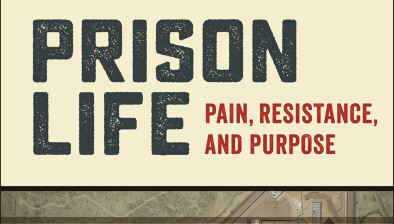NI: Justice system being used as ‘service of last resort’ for people with mental health issues

Kieran Donnelly
Northern Ireland’s justice system is increasingly being used as a service of last resort for people with mental health issues, according to a new report.
The Comptroller and Auditor General, Kieran Donnelly, published his report on Mental Health in the Criminal Justice System to coincide with Mental Health Awareness Week 2019.
The report outlines how organisations across all stages of the justice system are facing significant pressures as a result of growing mental health needs amongst the general population.
As the health system in Northern Ireland has found it challenging to respond to this growth, the justice system is coming into contact with increasing numbers of people who have not been able to access key health and social services that they need.
The report notes that the PSNI currently receives over 20,000 reports a year of incidents where individuals are experiencing mental health crises but a crime has not necessarily been committed. Officers responding to these incidents are often confronted by situations requiring skills and experience outside their training.
Nearly two-thirds (64 per cent) of people arrested by police are identified, or had previously been identified, as having a mental health issue. The report highlights how the PSNI have found it difficult to implement effective arrangements to ensure effective assessment and provision of necessary health services for these vulnerable individuals.
The report also outlines challenges facing the Northern Ireland Prison Service and Probation Board for Northern Ireland to rehabilitate offenders as a result of the high level of need and vulnerability.
Over a third (36 per cent) of those entering prison custody report that they were in contact with community mental health services at the time of their committal. Analysis by the Probation Board also shows that 42 per cent of offenders have a mental health issue, and 72 per cent have an emotional well-being issue.
The current framework of sentencing options means there is a heavy reliance on short-term custodial sentences, which are considered to be ineffective in treating and rehabilitating offenders with complex needs. Currently, 79 per cent of those who receive a custodial sentence serve less than one year in custody.
Mr Donnelly said: “Justice organisations are increasingly working with individuals with mental health issues who have fallen between the gaps in wider public service. While the justice system is pursuing a range of reform measures to meet this challenge, the evidence to date suggests that more effective co-ordination is required between justice agencies and other key services, particularly health, education and housing services.
“That is why my report recommends stronger cross-departmental leadership, greater clarity and agreement between organisations on what the justice system can and hopes to achieve, and better recording of mental health issues and outcomes for individuals.”










